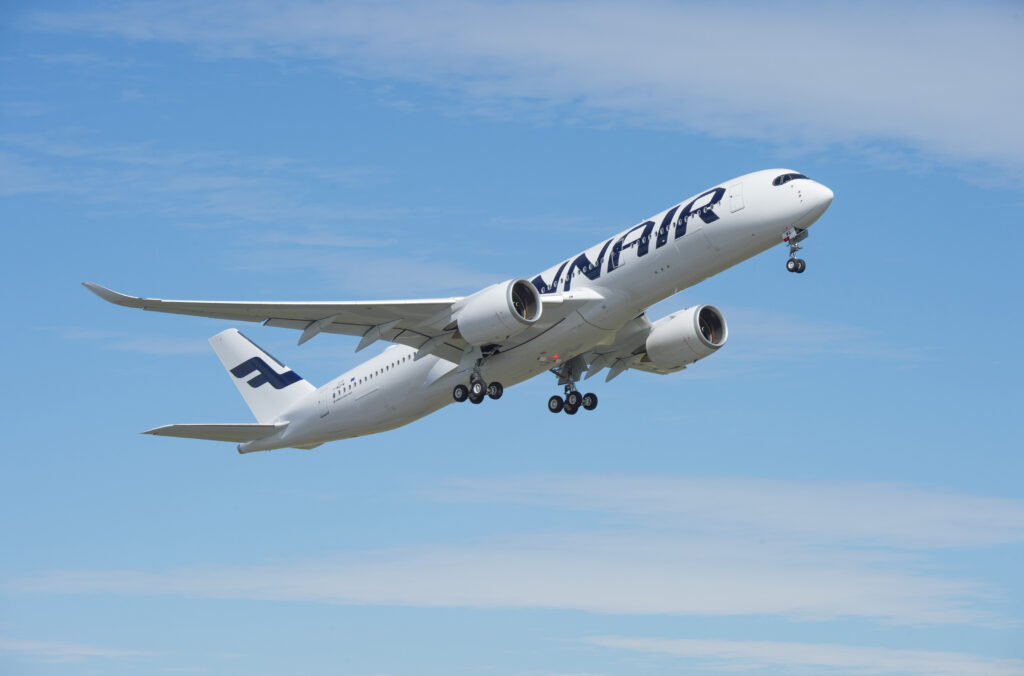The World Travel & Tourism Council (WTTC) has released major new guidelines outlining how the global travel and tourism sector can work together to tackle illegal wildlife trade (IWT).
The new guidelines from WTTC, which represents the global private travel and tourism sector, with support from Animondial, a key advisor to the global travel industry on animal welfare in tourism, aim to help interpret the ‘12 Commitments’ of its game-changing Buenos Aires Declaration. The declaration, which was launched at WTTC’s Global Summit in Argentina, showed how coordinated commitment and action could combat the illegal trade in wildlife (IWT) and unveiled its Zero Tolerance Policy.
According to the guidelines, travellers often participate, albeit unwittingly, in the illicit movement of animals, plants, products made from them – and of wild species which are threatened, endangered, and protected by national or international law.
Tourism thrives in every corner of the world. But the challenge is balancing tourism with fragile environments where wildlife is at risk and animals are held and exploited in captivity. And as demand for the legal trade in wildlife and their products increases, so rises IWT. This illicit market is valued between a staggering USD 8 billion and USD 23 billion per year with over 38,000 plant and animal species threatened by overexploitation and extinction. Yet, wildlife is worth more alive than dead, requiring us to take action.
Virginia Messina, senior vice president in WTTC, said: “The WTTC and its members are determined to help in the fight to eradicate the scourge of illegal trade in wildlife. As a sector, tourism has a responsibility to tackle this appalling activity which causes misery to countless animals, putting entire species and ecosystems at risk. We believe these new guidelines will help businesses around the world in their fight against this corrupt and shameful practice and we renew and reinforce our commitment first made in WTTC’s game-changing Buenos Aires Declaration.”
John Scanlon, Global Initiative to End Wildlife Crime Chair, said: “It is fantastic that tourism sector has joined the global fight against illegal wildlife trade, recognising how it can both protect wildlife at its source and help curb demand. But, what’s even better, is that it didn’t stop with the declaration.”



 share
share










































